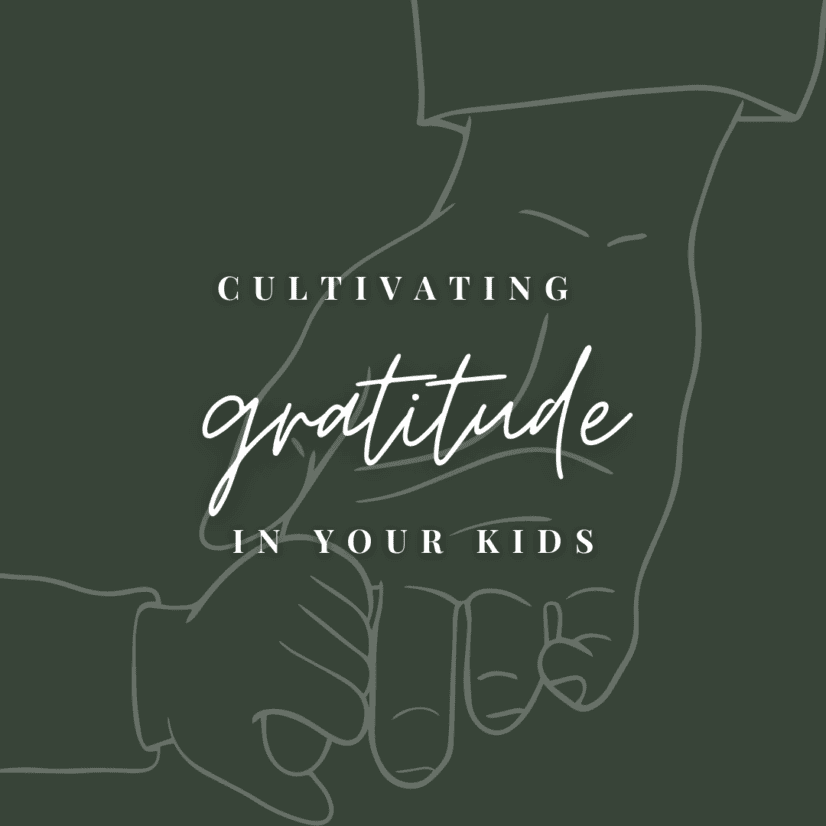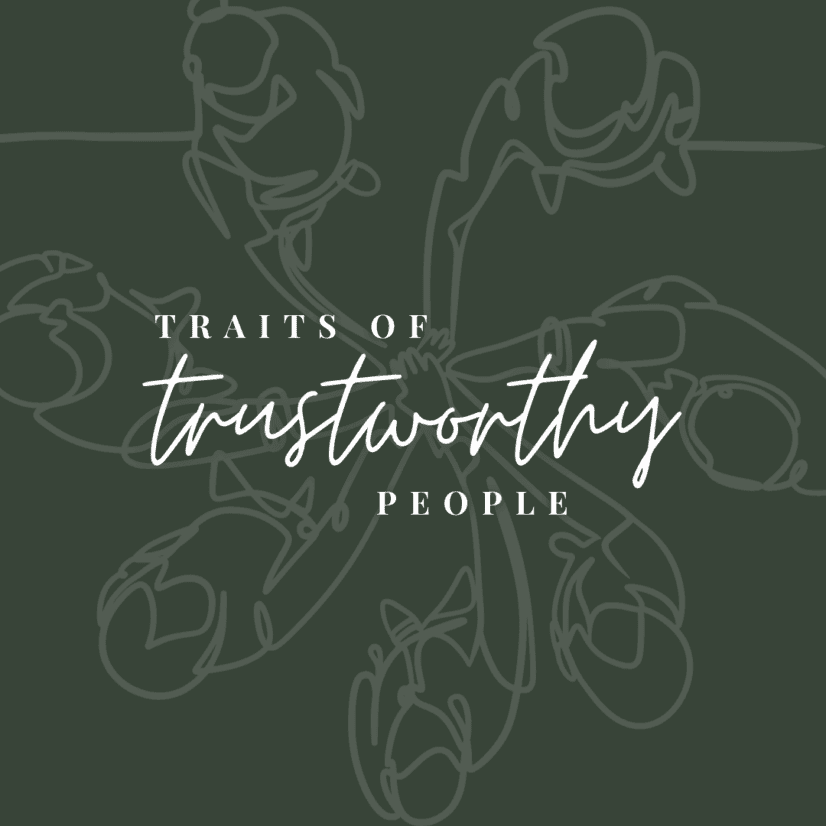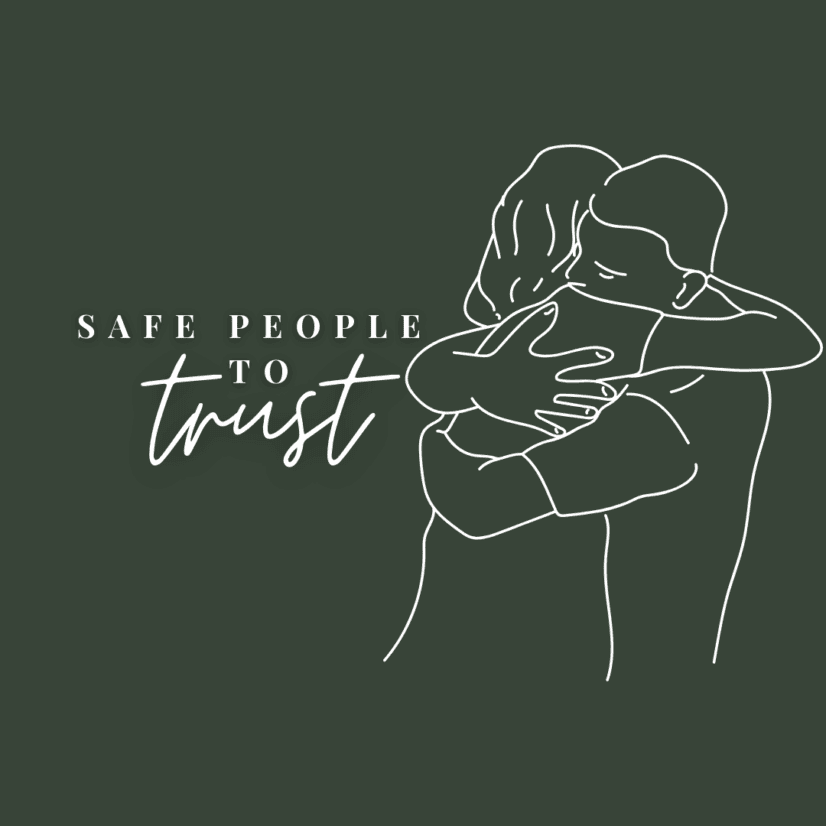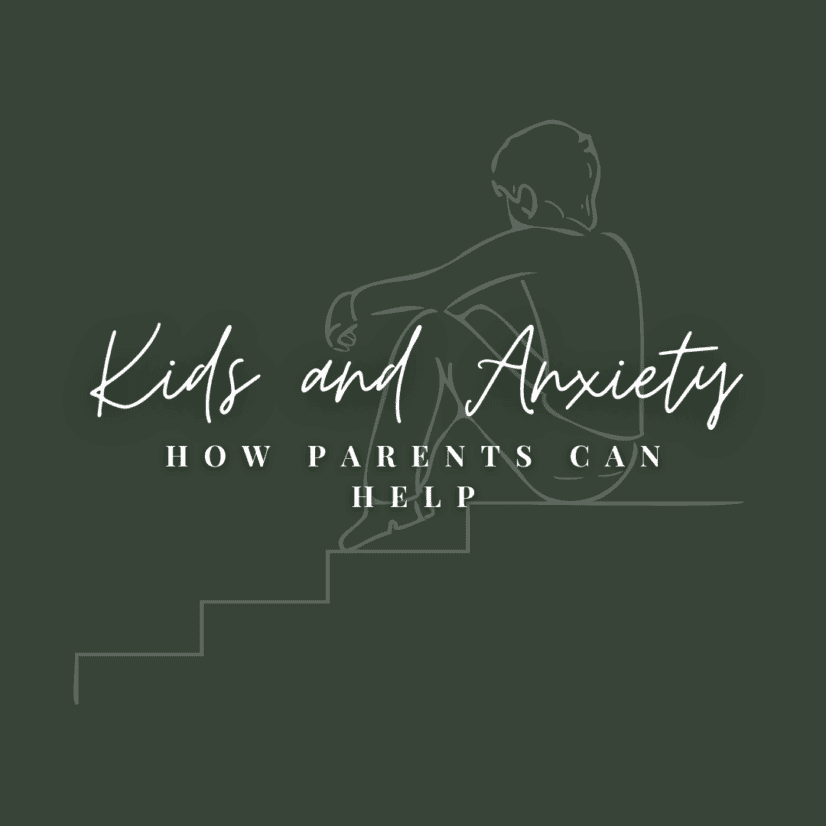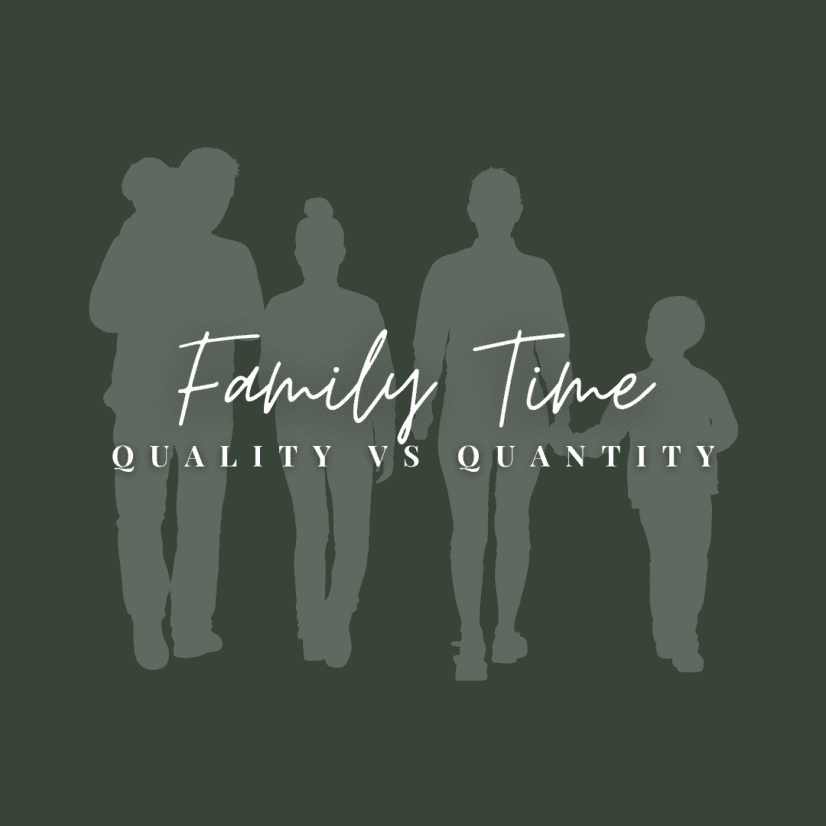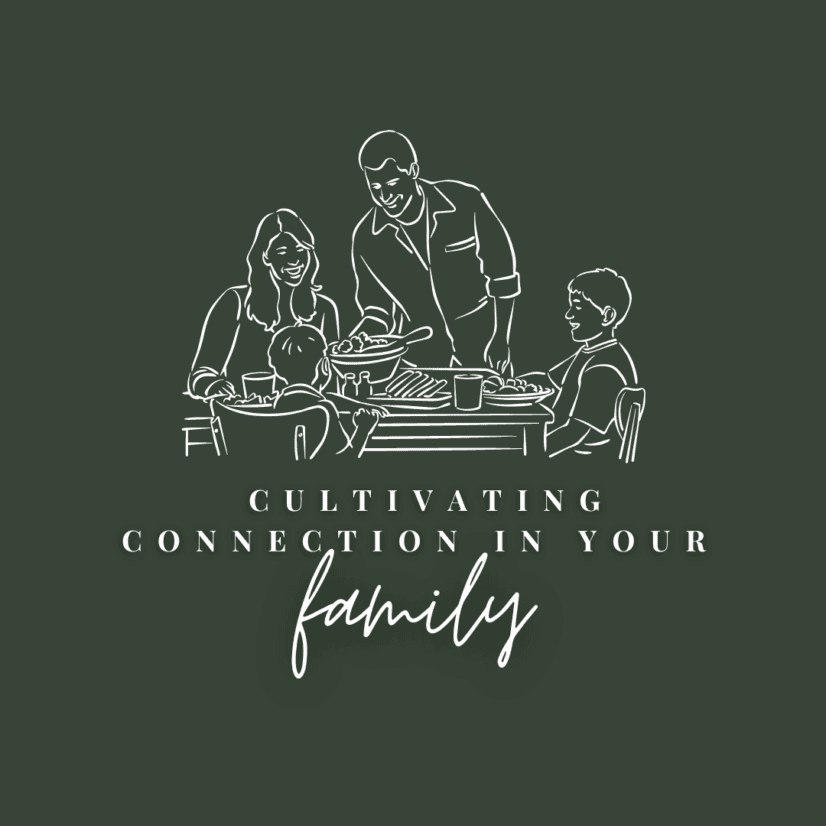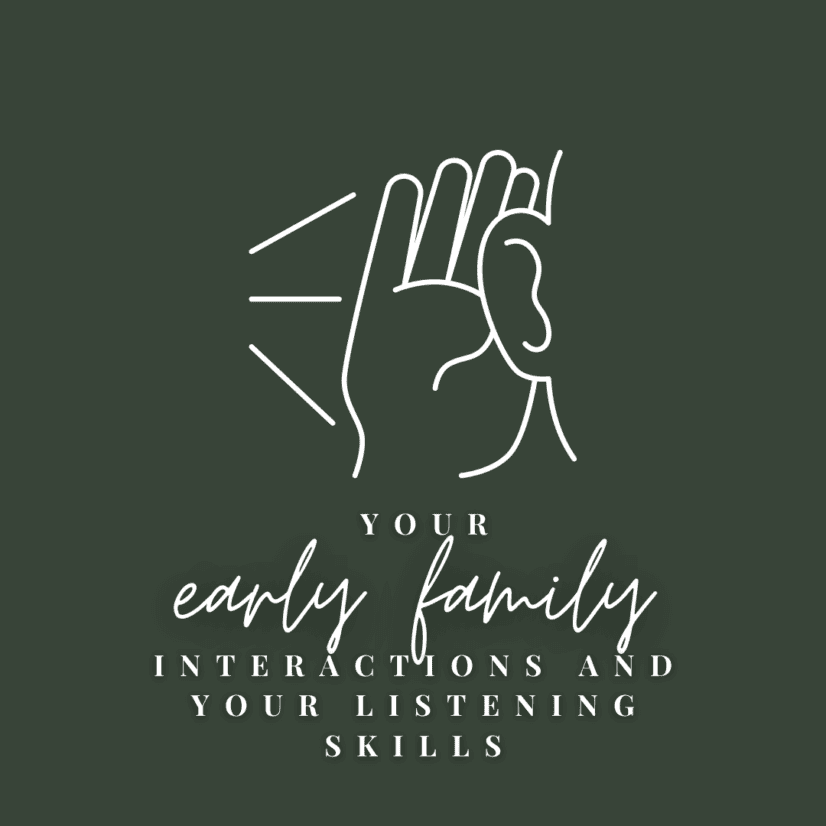As the holidays season continues, one of the greatest gifts you can give your family is to strategically develop their sense of gratitude. Rather than having the focus be on presents or parties, you have an opportunity to help them turn their attention to others and to cultivate a sense of gratitude.
Gratitude is Good for Your Health
This always makes me think about how gratitude shows up in my everyday life. When I am really serious about being grateful the things that come up are my family, my health, and the connections I have. So, why do I spend so much of my time focused on other things?
Cultivating Gratitude in Your Kids
Many parents today face a struggle in how to help their children develop a true sense of gratitude. Not just around the holidays, but throughout the rest of the year as well. One of the biggest ways to help your kids be grateful is to model gratitude yourself in your everyday life.
Traits of Trustworthy People
It’s true that we accept a degree of risk when we choose to trust someone. But, it doesn’t mean that choosing to trust someone it’s a shot in the dark. Here are a few traits of trustworthy people.
Safe People to Trust
Safe people connect with us in a way that is authentic and present, giving us the abilty to establish trust in the relationship and person.
Kids and Anxiety: How Parents Can Help
While it may be difficult for an adult to understand the fears of young children, those anxieties can seem very real and scary particularly to a child between the ages of three and six. As a parent, the best approach you can take in helping to soothe your child’s fears is to first model calmness and reassurance.
Family Time: Quality vs. Quantity
For many families, schedules start to get busier this time of year. Not only is school starting back up, but so are all of the extracurricular activities that come along with it. Between football practice, piano lessons, AP exams and parents’ increased work schedules, the coming of the school year often means less quality time spent together for many families.
Cultivating Connection in Your Family
Take time to explore which family bonding activity works best for your family and notice how making space for family time can impact your feelings of connectedness.
Early Family Interactions and Your Listening Skills
We often intrinsically know whether we feel listened to and understood, ignored, dismissed, or misunderstood by another person. But how often do we intentionally think about our capacity to listen in relationships – whether that’s work, family, romantic, social, or spiritual – and how often do we reflect on the connection between our early family experiences and how they taught us to listen (or not)? Here are a few questions to help you explore how you have learned to listen (and what you expect from other listeners).
Preparing for a New School Year as a Family
It’s important to prepare for a new school year as a family. Family meetings, schedules, goals- these will help you start the school year right.



